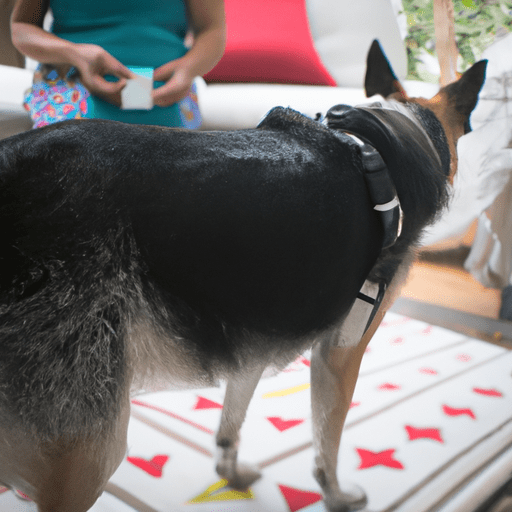What You Need to Know
When you notice your furry friend is experiencing discomfort or showing unusual symptoms, it’s natural to feel worried. One such alarming symptom could be a swollen anus. Although it’s a delicate subject, understanding it is essential to your pet’s health and well-being.
Probable Causes
There can be several reasons why your dog’s anus is swollen, some straightforward, others requiring medical attention:
- Anal Sac Disorders: Dogs have two small pouches on either side of their anus. They are used for marking territory and can sometimes become impacted or infected, causing swelling.
- Perianal Fistula: These are chronic lesions around the anus. They’re painful and can cause a swollen anus.
- Rectal Prolapse: It’s a condition where part of the rectum protrudes from the anus.
- Tumors: Although rare, benign or malignant tumors can cause swelling.
- Parasites: Worms or other parasites can also cause swelling and discomfort.
| Cause | Description | Severity |
|---|---|---|
| Anal Sac Disorders | Impacted or infected sacs | Medium |
| Perianal Fistula | Chronic lesions around the anus | High |
| Rectal Prolapse | Part of rectum protrudes from anus | High |
| Tumors | Benign or malignant tumors | High |
| Parasites | Worms or other parasites | Medium |
Symptoms To Watch Out For
As a responsible dog owner, it’s important to observe your pet closely for any signs of discomfort:
- Frequent licking or biting at the anus
- Difficulty defecating or bloody stools
- Visible swelling around the anus
- Changes in behavior, such as decreased appetite or lethargy
What You Can Do
If you notice any of these symptoms, it’s important to consult your vet promptly. While waiting for your appointment, you can:
- Keep the area clean and dry
- Prevent your dog from licking or biting at the area
- Keep your dog’s anal glands healthy by providing a high-fiber diet
Frequently Asked Questions
Q: Can I treat my dog’s swollen anus at home?
A: While keeping the area clean can help, it is critical to consult a vet for proper diagnosis and treatment.
Q: How can I prevent anal sac disorders?
A: Regular grooming, a high-fiber diet, and regular exercise can help maintain healthy anal glands.
Q: Is a swollen anus a sign of cancer?
A: While tumors can cause a swollen anus, they are not the only cause. It’s essential to consult a vet for a proper diagnosis.
Caring for a pet is a lot like caring for a child. Their health and well-being depend largely on your attentiveness and proactiveness. Now that you’re armed with this information, you’ll be better equipped to handle such a situation, should it arise.



